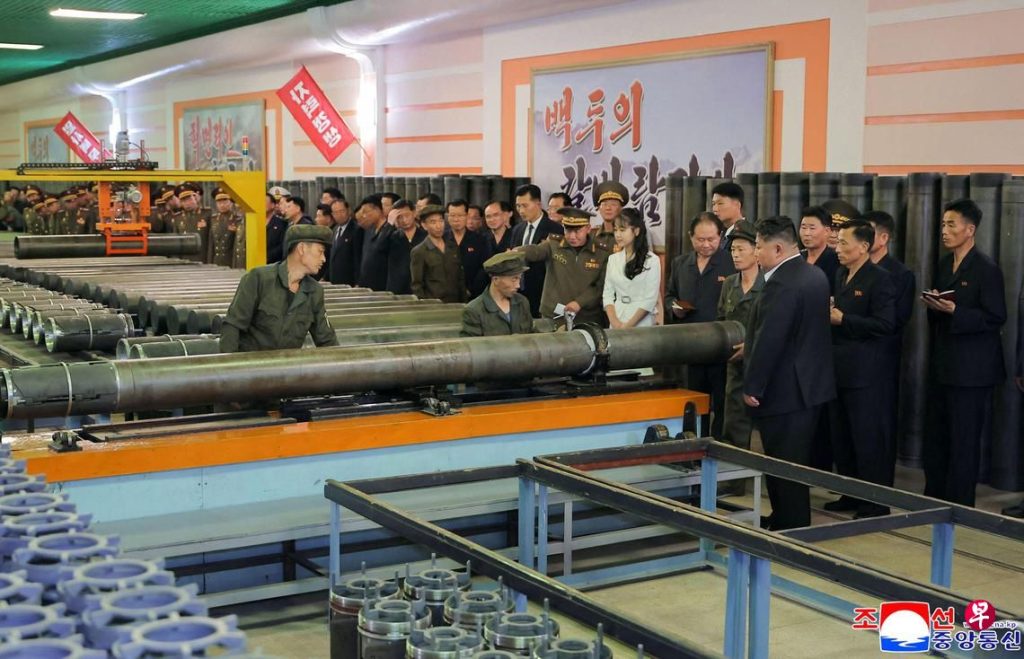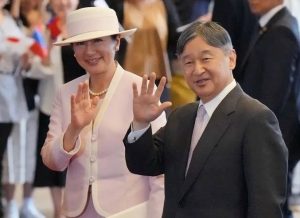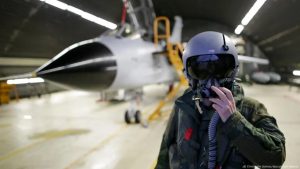Punish Iran but spare North Korea? US’s “differential response” touches South Korea’s nerves

The United States launched airstrikes on three Iranian nuclear facilities, sending a strong signal that it would “use force to curb nuclear development”, but it “let it go” on the issue of North Korea’s nuclear possession, insisting on “diplomacy first”; the United States’ “differential response” policy towards Iran and North Korea has touched South Korea’s nerves and become the focus of public opinion.
South Korea’s “Chosun Ilbo” reported on June 23 that Iran does not yet have nuclear weapons, but North Korea has conducted six nuclear tests since 2006, and is estimated to have 20 to 50 nuclear warheads, and has in fact entered the ranks of “de facto nuclear powers”. Some analysts believe that the United States has long missed the window of opportunity to stop North Korea’s nuclear weapons by force, and the current policy is shifting from “comprehensive denuclearization” to “default status quo”.
The US military action against Iran this time is seen as a reaffirmation of the bottom line of the United States that “nuclear possession will never be allowed”. Some observers pointed out that if Trump returns to the White House, it is not ruled out that “limited strikes” will be carried out against North Korea’s Yongbyon and Jiangxian. However, military experts generally believe that the United States is unlikely to take a preemptive strike against North Korea in the short term.
Shin Beom-cheol, former South Korean Deputy Defense Minister, warned that if North Korea retaliates, its short-range and medium-range missiles could reach South Korea, Japan and Guam, and intercontinental missiles could even threaten the U.S. mainland. In addition, many of North Korea’s nuclear facilities are close to Pyongyang or the Sino-North Korean border, making military strikes extremely difficult.
It is understood that when North Korea withdrew from the Treaty on the Non-Proliferation of Nuclear Weapons in 1993, the Clinton administration had developed a strike plan, but gave up due to opposition from South Korea. Since then, the U.S. policy toward North Korea has gradually shifted to “limited deterrence.”
Professor Cheng Riguang of Xijiang University pointed out that the U.S. air strike on Iran was obviously driven by pressure from Israel, reflecting the U.S.’s high vigilance against nuclear proliferation in the Middle East. Behind North Korea are China and Russia; although China has expressed support for denuclearization, it emphasizes easing sanctions; Russia has been getting closer and closer to North Korea due to military cooperation in the Ukrainian war.
The United States “moved from warning to action” and “de facto nuclear possession” made North Korea feel uneasy
On the 23rd, North Korea spoke through the Ministry of Foreign Affairs, strongly condemning the US air strikes for “violating sovereignty and international law”, and warned that this move would undermine the security order in the Middle East and the world.
This is the first time that North Korea has commented on the US attack on Iran’s nuclear facilities last weekend. A spokesman for the North Korean Ministry of Foreign Affairs said that the US military attack on Iran seriously violated the UN Charter and other international law rules based on the basic principles of respecting sovereignty and non-interference in each other’s internal affairs, and brutally trampled on the territorial integrity and security interests of sovereign states.
Kim Seong-han, former director of the National Security Office of the South Korean Presidential Office, pointed out that North Korean leader Kim Jong-un is closely watching the situation between the United States and Iran, and may adjust his strategy toward the United States accordingly. In the short term, he tends to avoid direct confrontation with the United States, turn to strengthening cooperation with China and Russia, and accelerate the high performance of nuclear weapons and missile projection means.
Park Won-kun, a professor at Ewha Womans University, said that the US military “moved from warning to action” this time. Although North Korea emphasized that “nuclear weapons are a means of saving lives”, it also felt pressure in the face of US military escalation.






